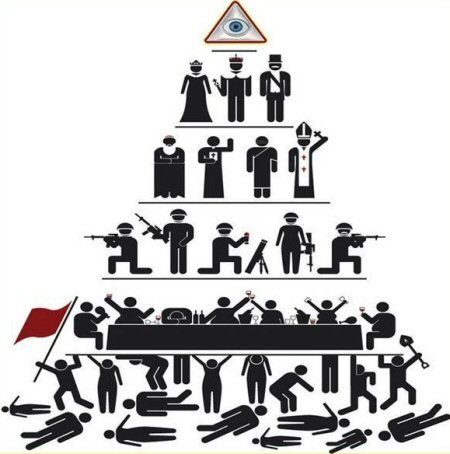(Reuters) – Apple Inc stunned Wall Street by reporting results that missed expectations for the first time in years, blaming rumors of the new iPhone for hurting demand in the September quarter.
Shares of Apple fell 7 percent in extended trading on Tuesday, wiping some $27 billion off the value of the world’s largest technology company.
It was Apple’s first quarterly earnings under Chief Executive Tim Cook, who took over from Steve Jobs in August at a critical juncture for the company. Apple is battling Google Inc in the mobile arena, as well as other challengers such as Samsung and Amazon.com Inc.
“Investors are going to start to speculate that there is change under way now that Jobs is gone, and that there’s trouble ahead. We don’t share that point,” said Channing Smith, co-manager at Capital Advisors Growth Fund, which holds Apple shares.
“The iPhone is where the weakness was and it’s an explainable one. The strong demand for the iPhone 4S set up strong demand for the holiday season.”
Apple said it sold 17.07 million iPhones in its fiscal fourth quarter ended September 24 — well short of the roughly 20 million forecast by analysts. The iPhone is Apple’s flagship product, yielding some 40 percent of annual sales.
Revenue rose 39 percent to $28.27 billion, lower than the average analyst estimate of $29.69 billion, according to Thomson Reuters I/B/E/S. It was the first time Apple missed revenue expectations since the fiscal fourth quarter of 2008.
Net profit was $6.62 billion, or $7.05 a share. That fell shy of expectations for earnings of $7.39 per share. The last time Apple missed EPS estimates was in the first quarter of 2001, according to Thomson Reuters I/B/E/S.
“Expectations for this company were red-hot, that is why we downgraded it,” said BGC Partners analyst Colin Gillis, who lowered his rating on the shares days before. “The reality is their business is not an annuity. They have to sell their quarter’s worth of revenue every 90 days.”
“They had a big upgrade cycle with the iPhone, the numbers came in weak. They need to set records every time they report to keep up the momentum.”
Read the rest here.
Comments »

